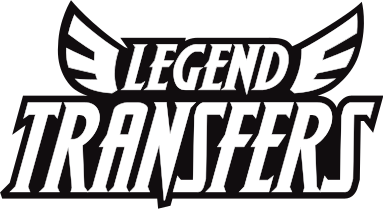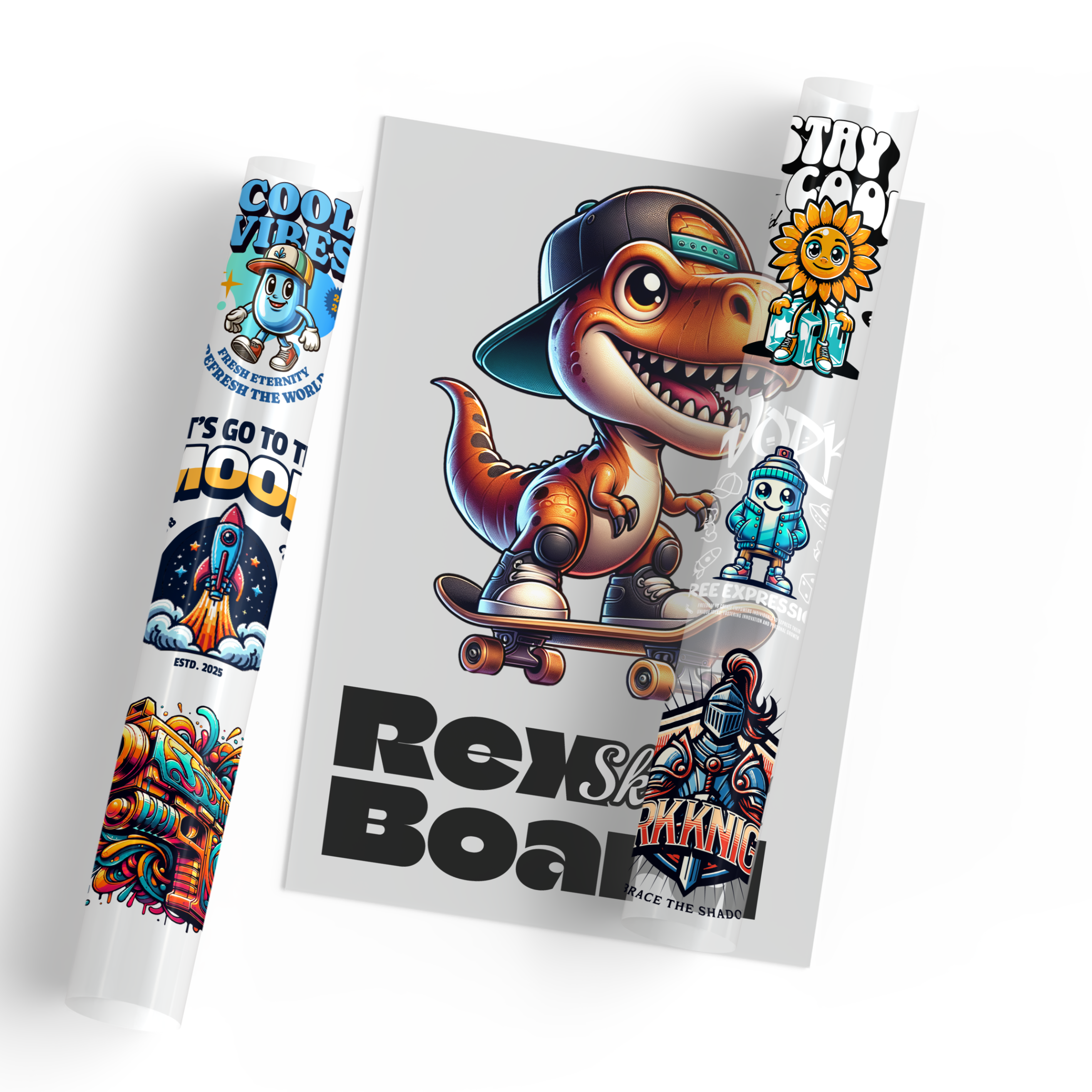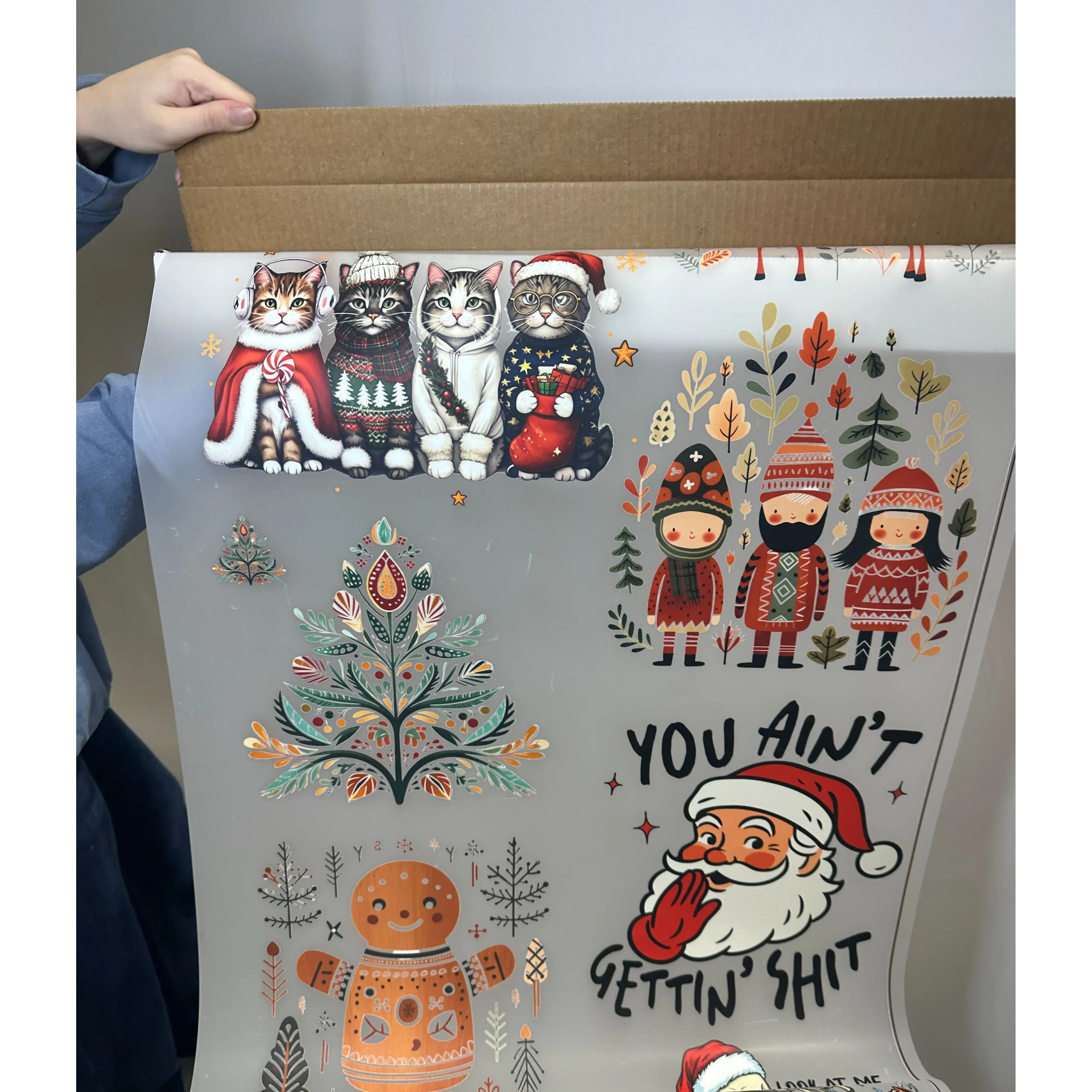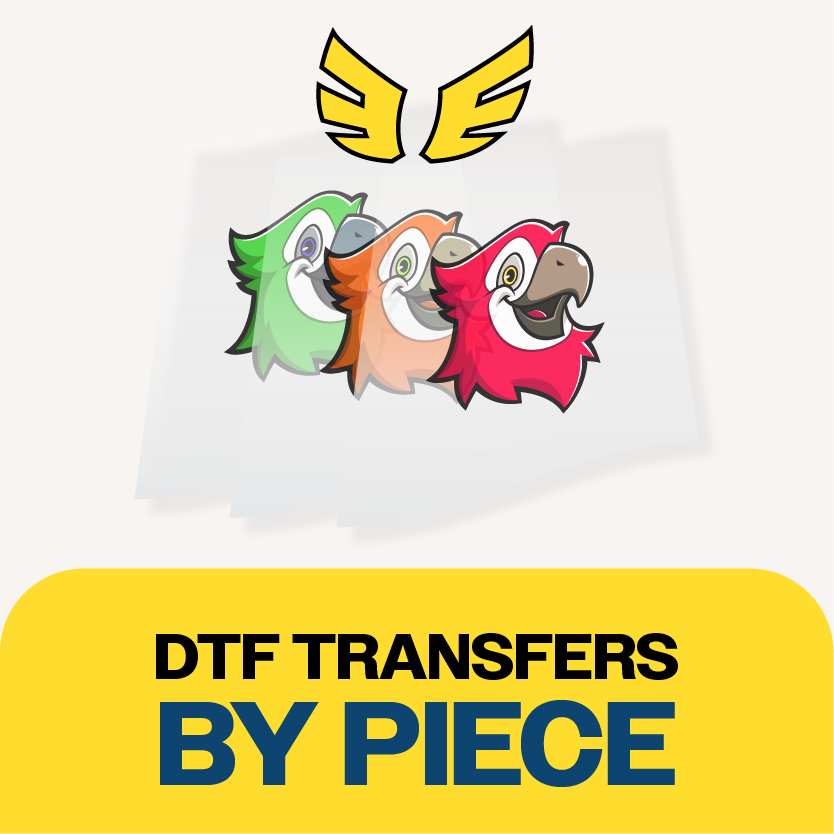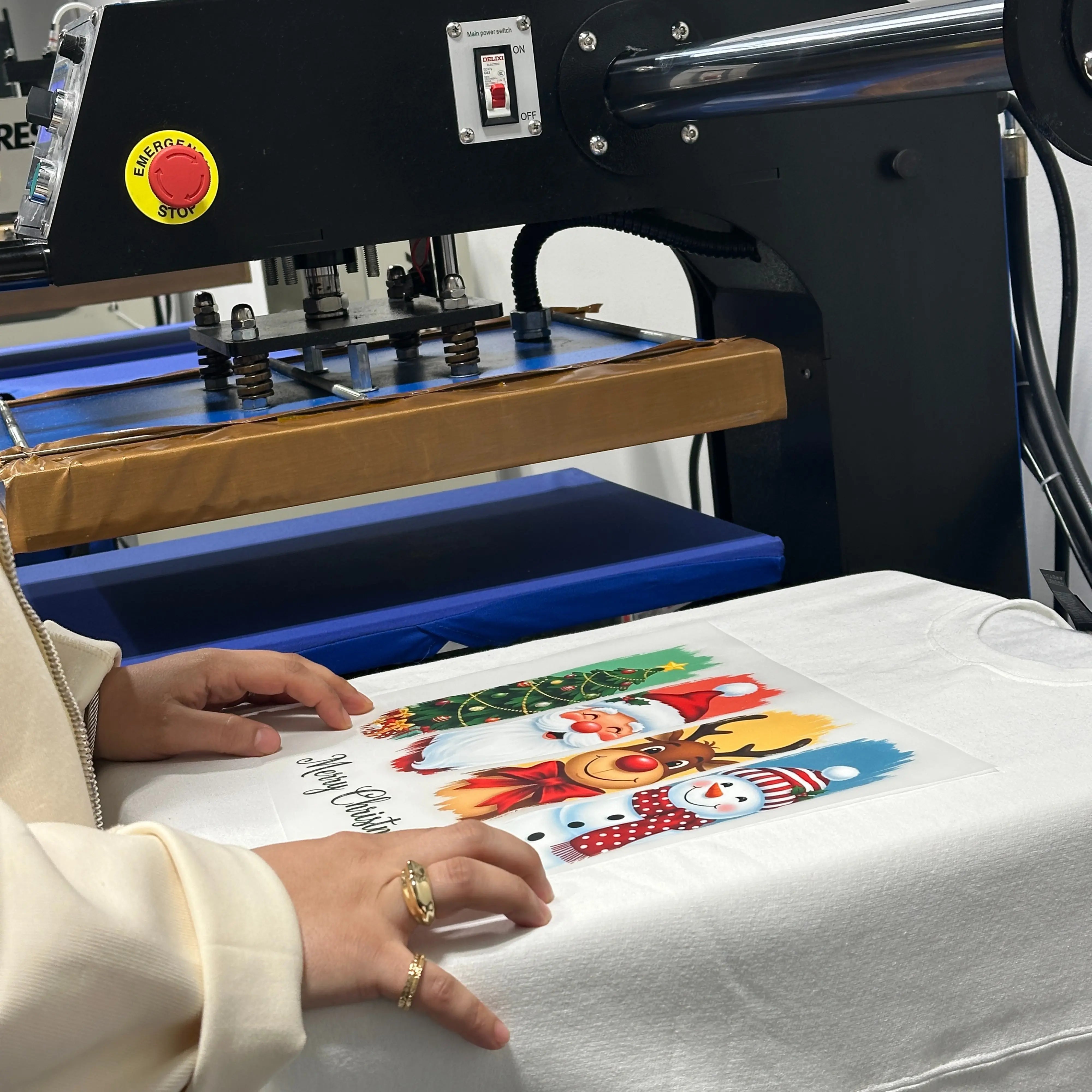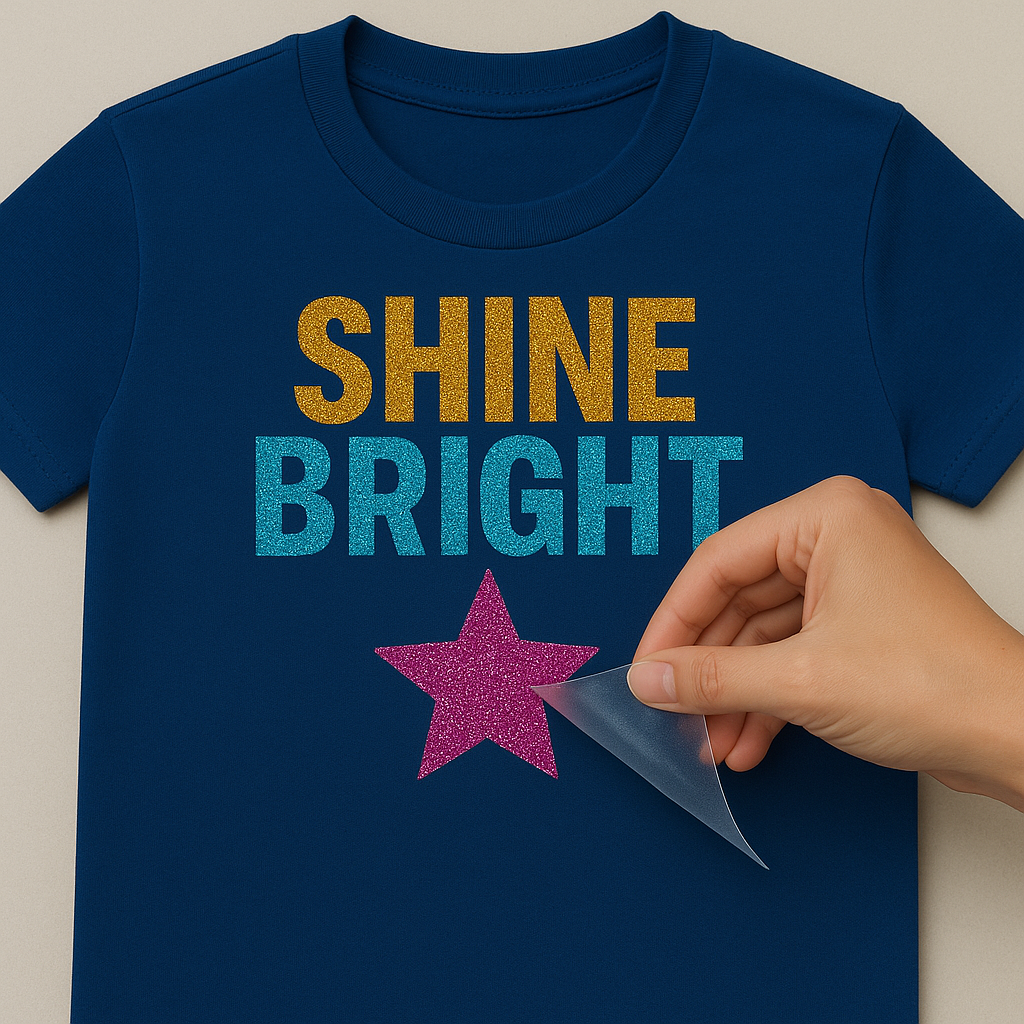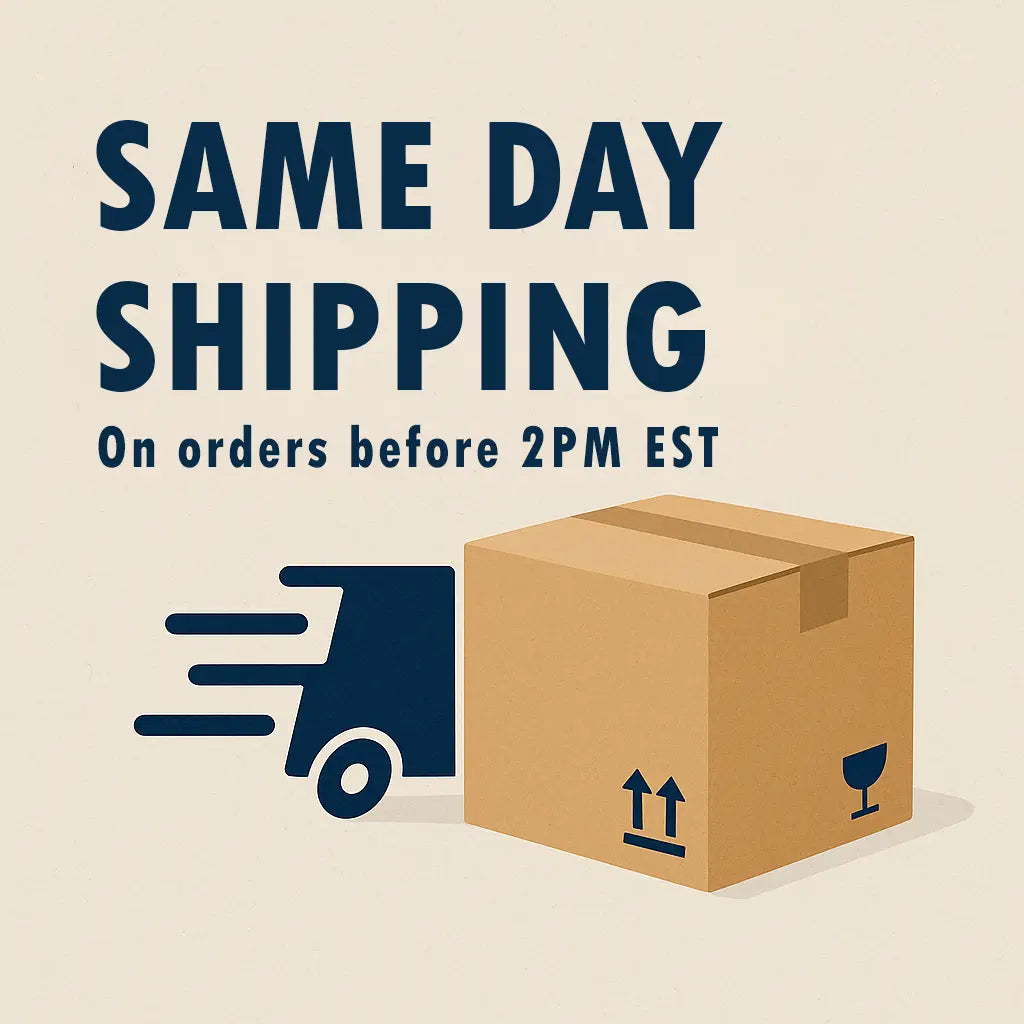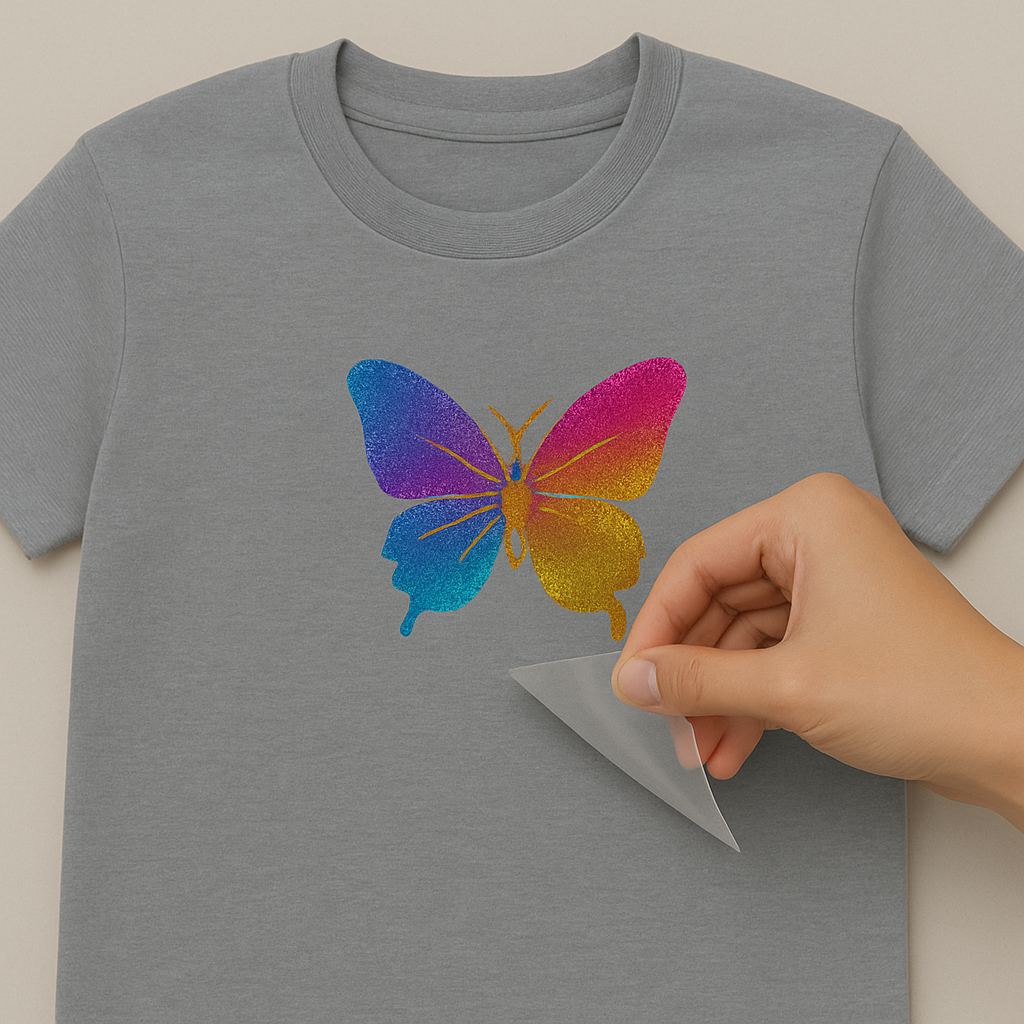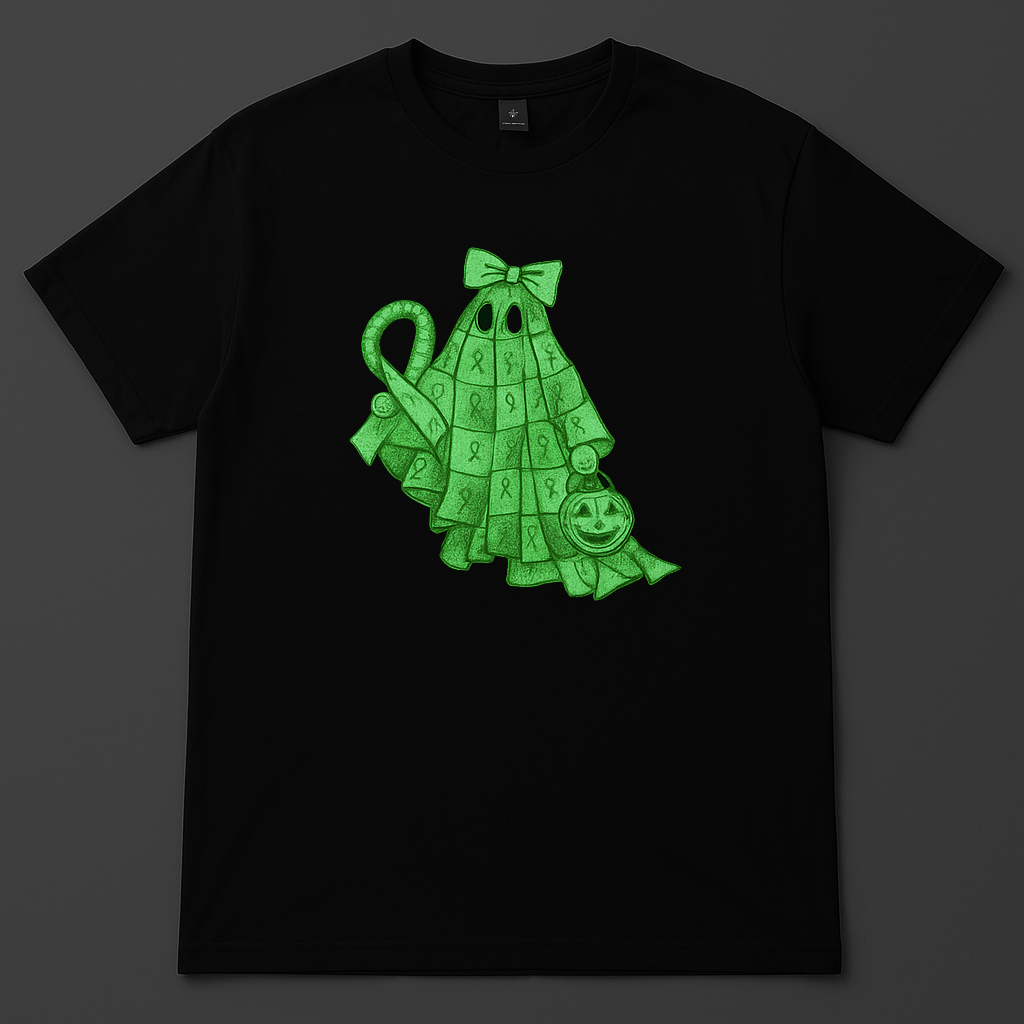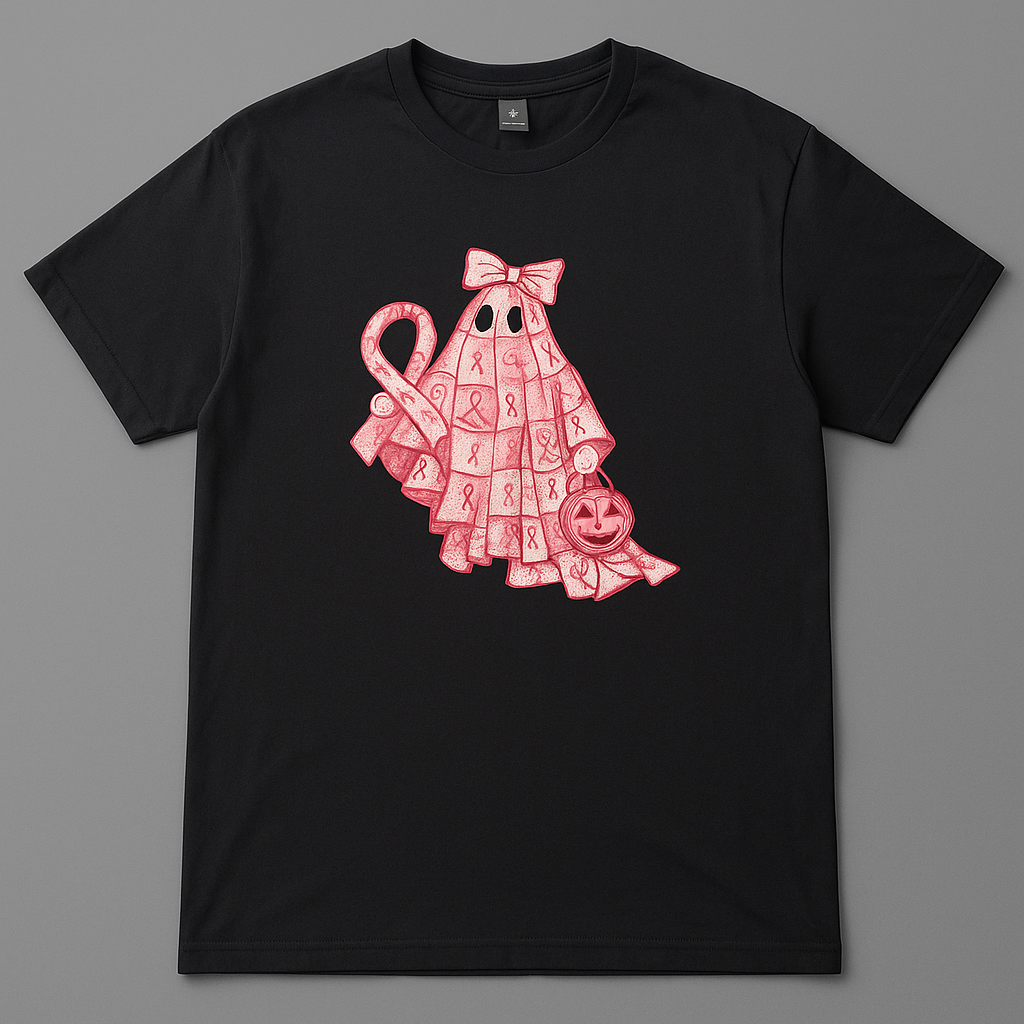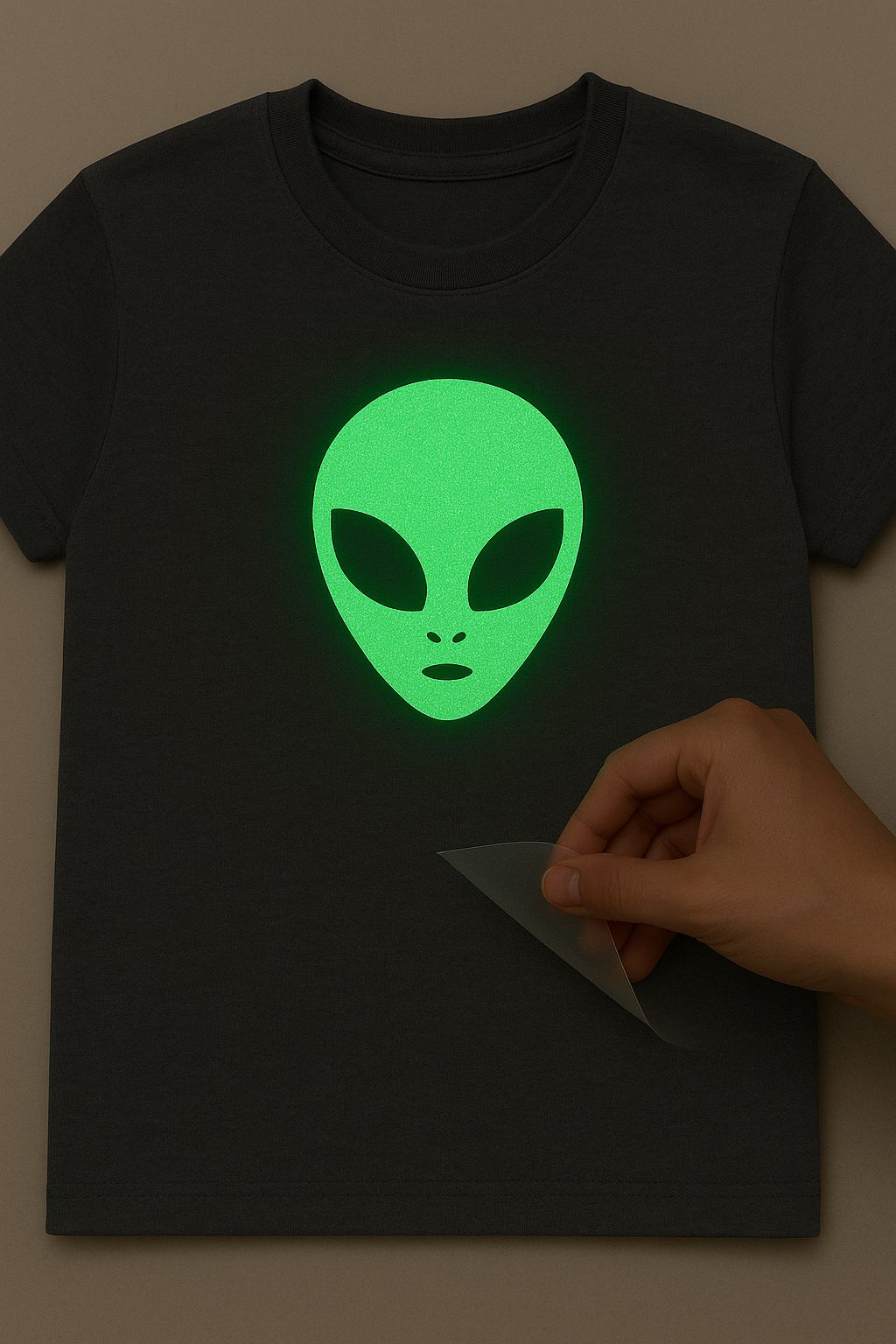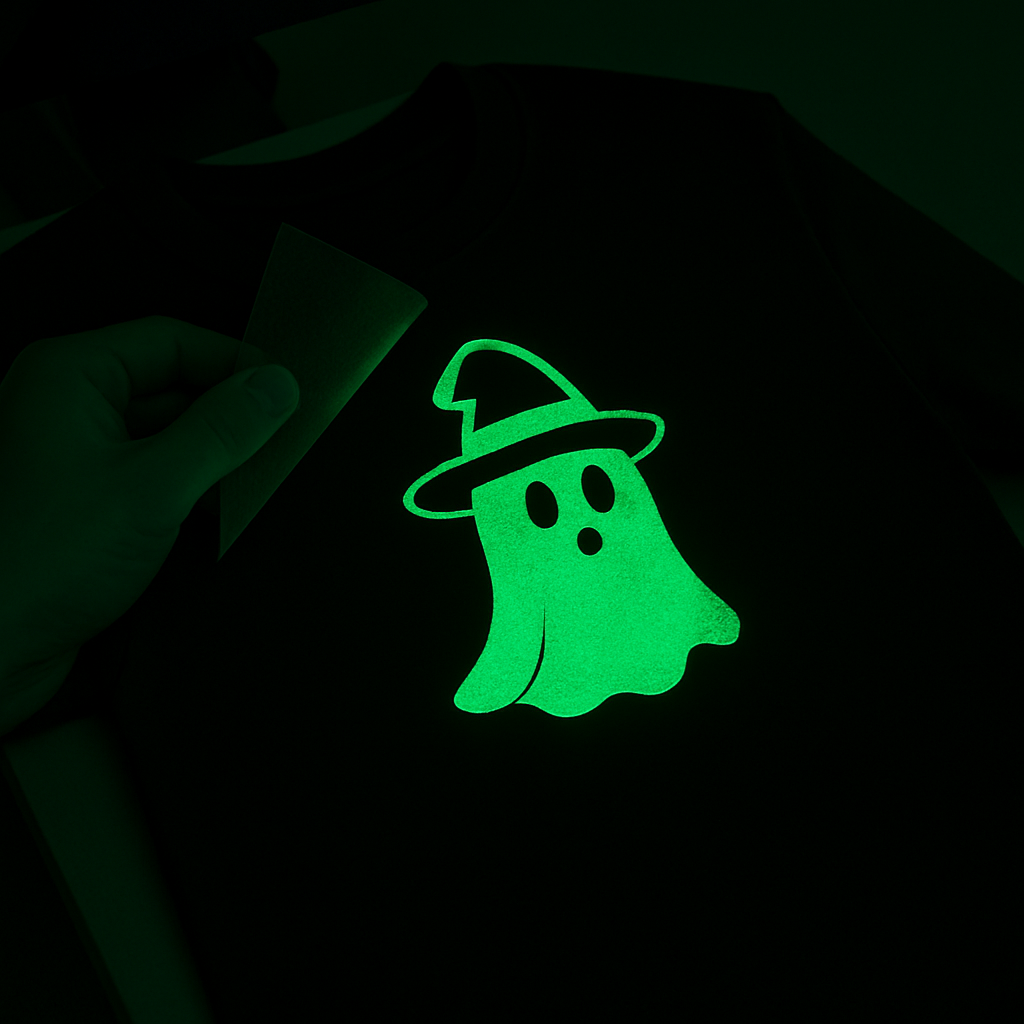Custom DTF Transfers: A Complete Guide for Personalized Printing
In today’s growing custom apparel and merchandise market, Custom DTF Transfers have become a popular choice for creating vibrant and durable designs. This printing method uses Direct-to-Film technology, allowing detailed artwork to be applied to many types of fabric. Whether you are a small business owner, a creator, or someone producing items for personal use, understanding how this process works can help you get better results and make more informed decisions. This guide covers what DTF transfers are, how they are made, their main benefits, and practical tips for ordering or using them effectively.
What Are DTF Transfers?
DTF transfers are created by printing artwork onto a special film and then applying that design to fabric with heat and adhesive powder. When pressed under the right temperature, the adhesive melts and forms a strong bond with the garment. The result is a smooth, long-lasting print with vibrant color.
One of the main advantages of this method is its ability to reproduce small details, color transitions, and complex artwork with impressive accuracy. It works well on cotton, polyester, blends, and some coated materials, making it a flexible option for many clothing and accessory projects. Whether you’re printing small batches or larger production runs, this approach offers consistent quality.
Advantages of Custom DTF Transfers
1. Long-Lasting Durability
Prints created with this method hold up well over time. They resist cracking, peeling, and fading, even with repeated washing. This makes them ideal for items that will be worn often.
2. Detailed and Accurate Prints
One of the biggest strengths of this technology is the clarity it offers. Fine lines, small elements, and gradient colors all appear sharp and smooth. This makes it suitable for logos, artwork, and designs that require precision.
3. Works on Many Fabrics
DTF can be applied to a wide range of fabrics, including cotton, polyester, blends, and certain coated surfaces. Because the film does not rely on fabric type for adhesion, users can customize many different garments and products.
4. Cost-Effective for Any Quantity
This method is practical for both small and large orders. Whether you need one custom shirt or hundreds of pieces, the production cost stays reasonable, allowing businesses to offer competitive pricing.
5. Environmentally Conscious Options
Some powders and inks used in this process are produced with environmental standards in mind. Choosing these can help reduce overall impact while still achieving high-quality results.
How Custom DTF Transfers Are Made
1. Design Preparation
The process begins with creating a clear, high-resolution digital design. Checking colors, size, and detail beforehand helps ensure the final print looks as intended.
2. Film Printing
Once the design is ready, it is printed onto PET film using pigment-based inks designed for this technique. For dark fabrics, an underlayer of white ink is added to ensure brightness.
3. Applying the Adhesive Powder
While the ink is still wet, adhesive powder is sprinkled evenly over the printed area. This powder is what allows the design to stick firmly to the garment.
4. Heat Curing
The film is then heated to melt the powder partially. This prepares the design for transfer and helps the adhesive bond more effectively.
5. Transferring the Design
The film is placed onto the fabric, pressed under heat, and allowed to cool. After peeling the film away, the finished print remains on the garment with strong adhesion and bright color.
Applications of Custom DTF Transfers
Promotional Products
Companies often use this method to produce branded clothing, uniforms, or giveaway items. It works well for t-shirts, hoodies, and tote bags.
Small Shops and Online Sellers
Since the process does not require expensive machinery, small businesses can offer high-quality custom items without heavy investment.
Events and Groups
Schools, sports teams, clubs, and other organizations use these transfers for uniforms, event shirts, and special merchandise.
Bulk and Seasonal Orders
Larger runs can be produced quickly, making this method useful for wholesale projects or time-sensitive campaigns.
Tips for Ordering or Using Custom DTF Transfers
-
Request Samples: Before placing a large order, sample prints help verify color accuracy and quality.
-
Check Fabric Type: While the method works on many fabrics, smooth surfaces like cotton or polyester blends generally provide the best results.
-
Choose Experienced Printers: A skilled provider can ensure your colors, sizing, and details look right.
-
Use Quality Artwork: Clear, high-resolution files prevent blurry or pixelated prints.
-
Consider Eco-Friendly Materials: Choosing responsible inks and powders supports sustainability and appeals to many shoppers.
Benefits for Businesses
Custom DTF production helps brands create eye-catching items that improve recognition and customer loyalty. Making products in larger quantities reduces cost per piece, and the method supports a wide range of design styles. Fast production times also allow businesses to adapt quickly, launch new collections, or respond to seasonal trends.
Custom DTF Transfers provide a reliable, flexible, and visually impressive solution for apparel decoration. They support creative expression, efficient production, and durable results for both personal and commercial projects. Whether you’re printing a single unique piece or preparing a full product line, this method offers a balanced combination of quality, affordability, and versatility.
